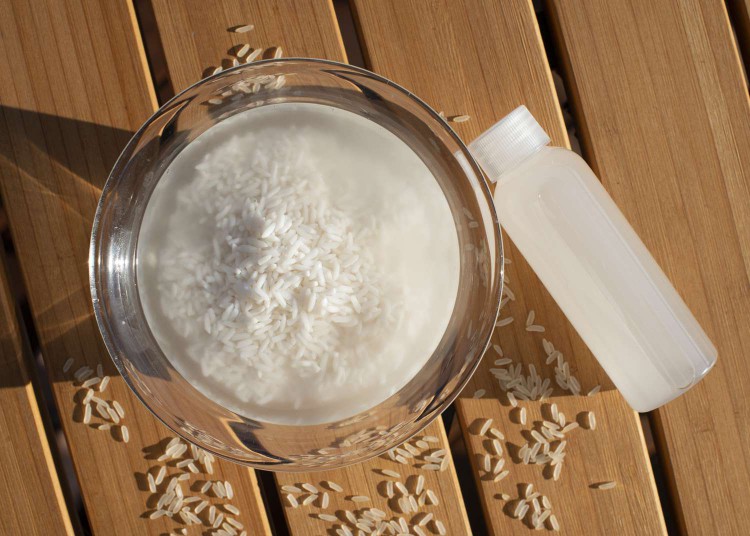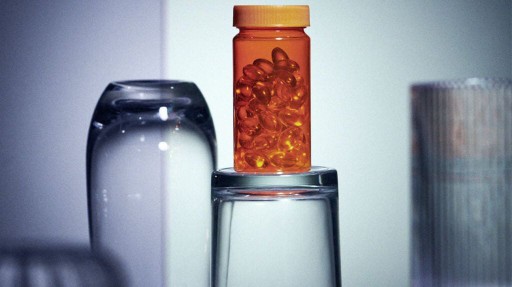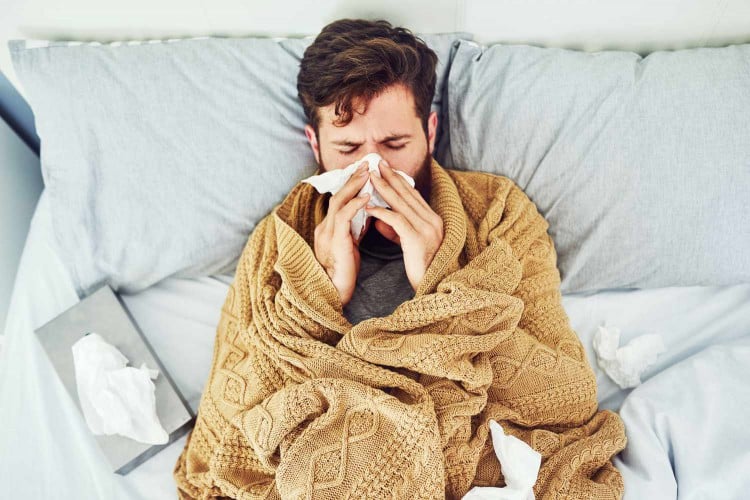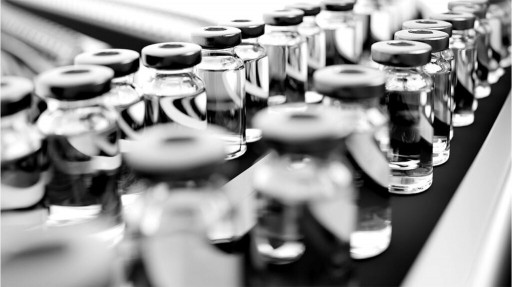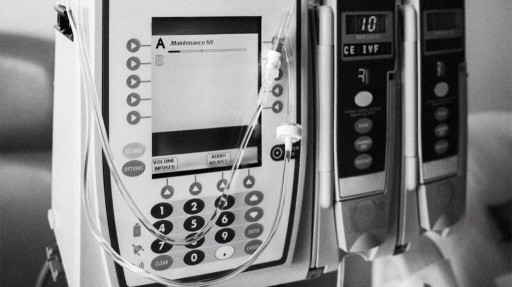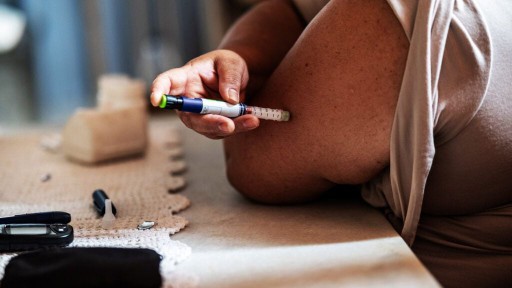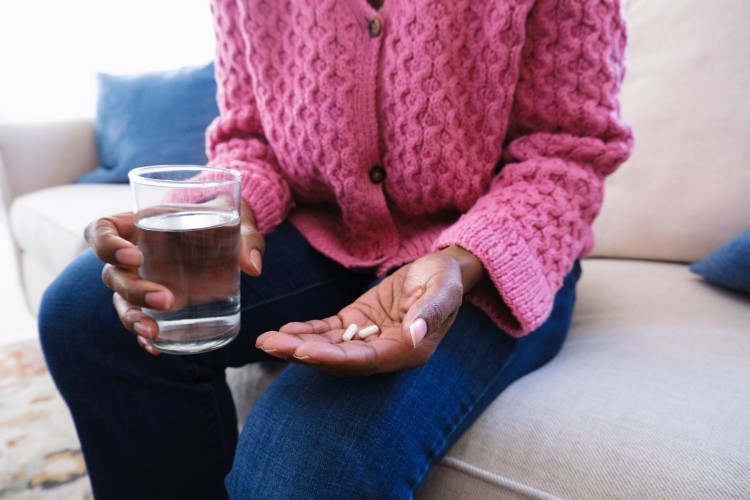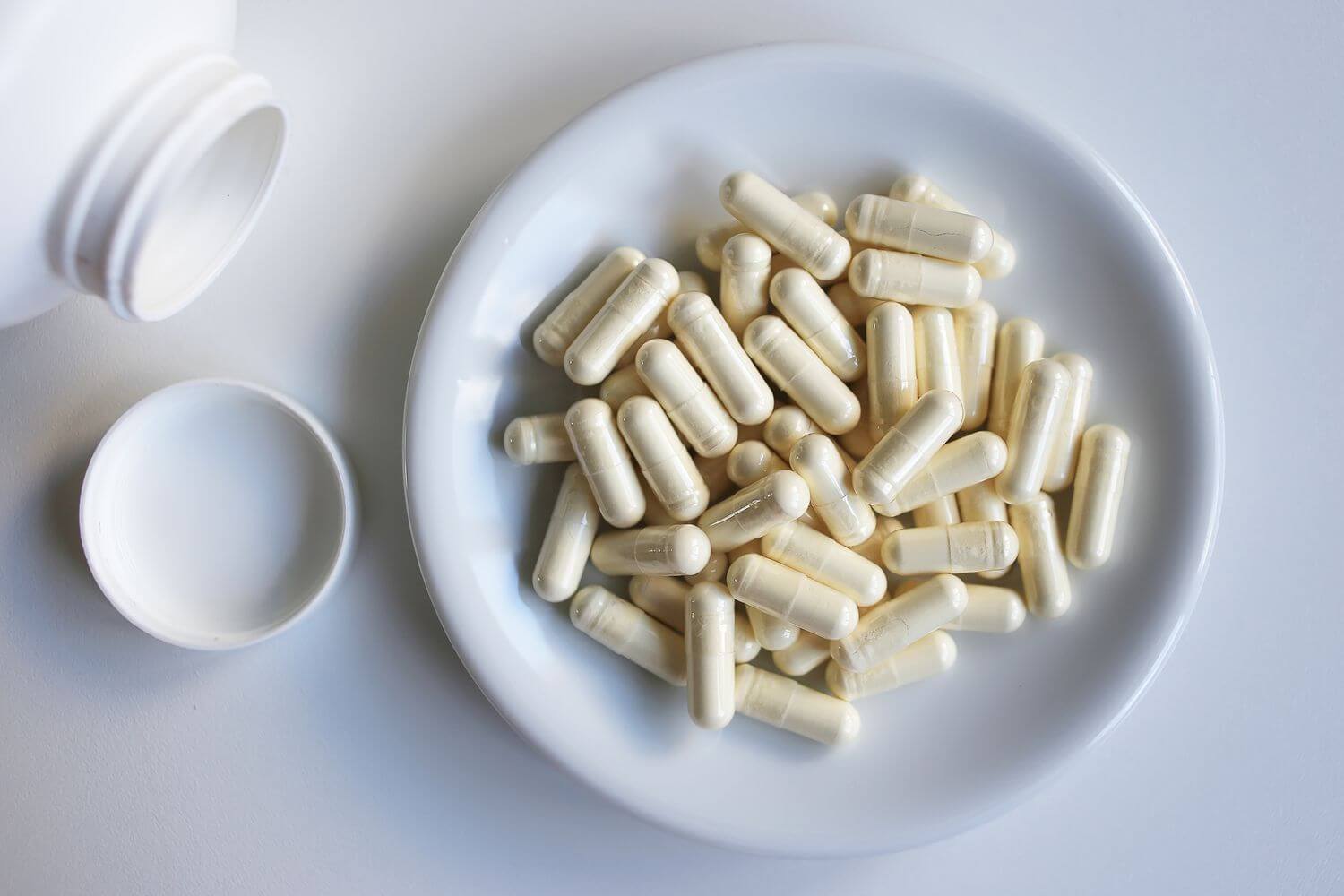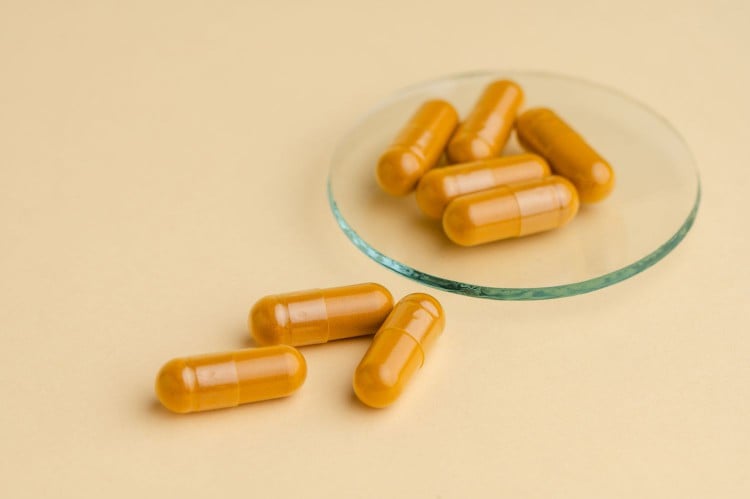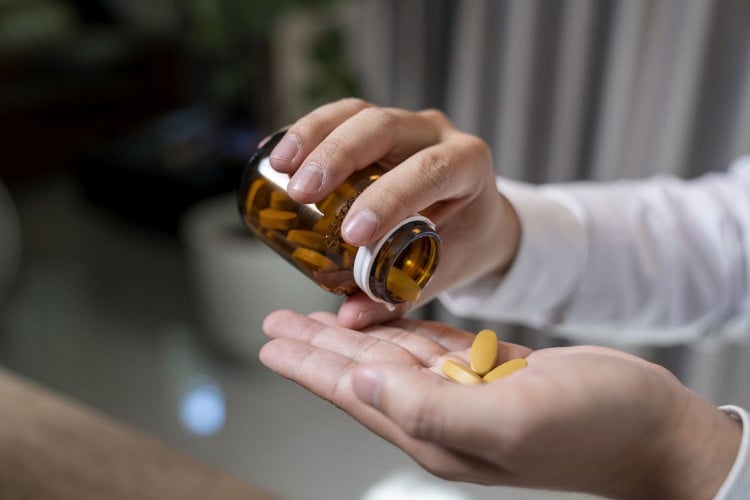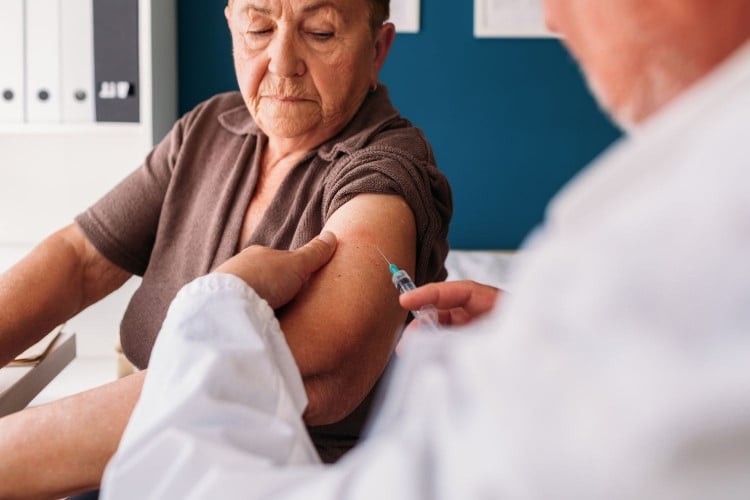

- Accumulating evidence shows that people who cut out alcohol can reduce their risk of developing some forms of cancer.
- Decreasing alcohol intake decreases the production of acetaldehyde in the body, which in turn, reduces the risk of certain cancers.
- Researchers and experts agree that continuing abstaining from alcohol is the only way to see long-term, positive health effects.
Growing evidence demonstrates the harmful effects of alcohol, including a heightened risk of high blood pressure, heart disease, and liver disease.
According to a new perspective article from the International Agency for Research on Cancer (IARC), people who stop drinking alcohol can lower their risk of developing certain cancers.
The reduced cancer risk included:
The article appears in the New England Journal of Medicine.
Does giving up alcohol reduce cancer risk?
Researchers examined data from over 90 studies about cancers caused by alcohol and stopping alcohol consumption.
They discovered that cessation does decrease the risk of some types of cancers, especially those that affect the mouth and esophagus.
“Based on the evidence reviewed from relevant studies published to date, the Working Group concluded that there is sufficient evidence that, compared with continuing consumption, reduction or cessation of alcoholic beverage consumption reduces the risk of oral cancer and esophageal cancer,” said Dr. Beatrice Lauby-Secretan, head of IARC, Handbooks of Cancer Prevention and Deputy Head, Evidence Synthesis and Classification Branch, who was involved in the study.
Dr. Lauby-Secretan continued:
“The evidence that reduction or cessation of alcohol consumption reduces risk of the other alcohol-related cancer types was either limited or inadequate. These conclusions were based on pooled analyses and meta-analyses, as well as individual studies, which consistently showed that long-term cessation was associated with a lower risk of oral and oesophageal cancer compared with continuing consumption, even after adjusting for tobacco smoking and for the amount of alcohol consumed.”
How alcohol consumption impacts cancer risk
Additionally, the IARC team found that acetaldehyde is what causes the damage.
Acetaldehyde is produced by the liver when it metabolizes alcohol. Lowering alcohol intake also lowers the amount of acetaldehyde in the body. As a result, this also lowers the chances of developing certain cancers.
“The Working Group also concluded that there is sufficient evidence from mechanistic studies that cessation of alcohol consumption reduces alcohol-related carcinogenesis,” Dr. Lauby-Secretan stated.
“This conclusion is based on strong evidence on the reversal of three alcohol-related mechanistic pathways upon cessation: Those involving acetaldehyde metabolism, genotoxicity (such as DNA damage), and the immune and inflammatory systems (affecting intestinal permeability and microbial translocation),” she noted.
It is important to emphasize that it is unclear the level of decreased risk linked with stopping alcohol consumption, or the length of time someone will experience the benefits of cutting out alcohol.
However, the researchers did explain that giving up alcohol for only 1 month, and then continuing to drink, will probably not impact cancer risk. To experience the health benefits, quitting alcohol entirely must continue beyond 4 weeks.
What happens to your body when you stop drinking
There are many benefits to stopping alcohol consumption.
“Long-term, it leads to reduced risk of liver damage, many cancers, including throat/oral cancer, esophageal cancer, breast and colorectal cancer, among probably many others,” said Dr. Suneel Kamath, of Cleveland Clinic Cancer Institute, to Medical News Today. Dr. Kamath was not involved in the current research.
“It also reduces the risk of heart disease and a number of other conditions,” he added.
“In the short term, alcohol is known to reduce energy and sleep quality,” Dr. Kamath pointed out. ”It also is a lot of calories, so can contribute to weight gain and all the problems associated with that.”
What does acetaldehyde do to the body?
“Acetaldehyde causes damage to the DNA in cells, which to some degree your body can repair, but if there is constant exposure over years and at a high enough level, damage in the DNA becomes permanent and eventually leads to mutated cells such as cancer cells,” explained Dr. Kamath.
“It is likely that many other breakdown products of alcohol are also carcinogenic, but acetaldehyde is the most widely known,” he added.
“Reduction in exposure to acetaldehyde by reducing or eliminating alcohol consumption will reduce the chances of developing cancer, as well as damage to other organs like the liver and kidneys and urinary bladder,” he added.
“Acetaldehyde, a metabolite of ethanol, the primary component of alcoholic beverages, is classified as a Group 1 human carcinogen by the International Agency for Research on Cancer (IARC), indicating sufficient evidence for its cancer-causing potential. Acetaldehyde is metabolized fast in the liver except in some Asians with genetic defects in acetaldehyde metabolizing enzyme (ALDH2).”
Furthermore, acetaldehyde is also generated by the gut microbiome and present in certain foods. Acetaldehyde can exert various detrimental effects on the body, including:
- DNA damage: Resulting in DNA adducts that may lead to mutations and initiate cancer
- oxidative stress: Damaging cellular structures and inducing inflammation, a contributing factor in various diseases, including cancer
- Impaired DNA repair: Further increasing the risk of genetic mutations and cancer
- Disruption of cellular processes and signalling pathways: Potentially promoting the development and progression of cancer.
“The association between alcohol consumption, acetaldehyde, and cancer risk is particularly significant for cancers of the upper digestive tract, such as the esophagus, mouth, and throat especially in people who smoke cigarettes and/or in people with genetic defects in acetaldehyde metabolizing enzymes. Additionally, alcohol consumption is linked to an increased risk of colon and liver cancer,” Dr. Vasiliou explained.
Tips to cut back on drinking
“The benefits of participating in Dry January lie in promoting the long-time reduction of alcohol consumption (breaking the habit of drinking), particularly for heavy drinkers,” Dr. Vasilou said.
“Such reduction may result in a decreased risk not only for cancer but also for the development of other alcohol-reared diseases.”
Dr. Kamath noted it may take longer to recover from the cumulative effects of alcohol:
“The damaging effects of alcohol are both dependent on how much you drink and probably most importantly, for how long. One month of no drinking is not likely to make much of a difference if someone goes back to drinking a large amount on a regular basis for many years. To reap the rewards, you really have to stop or cut back substantially on alcohol consumption and keep it that way for many years, even decades.”
For those who drink consistently, there are typically underlying issues that need to be addressed.
“People who feel the need to drink alcohol regularly or heavily are probably already experiencing some problems, whether with mental health, physical health, or socially (relationship issues, financial concerns, etc.) — they may just not realize it yet,” Dr. Weaver explained.
“These are the folks who can benefit the most from reducing or eliminating alcohol consumption long-term.”
Dr. Kamath recommended the following:
- do not keep alcohol in the house
- do dry January with a friend, as “alcohol is such a social thing and if you are the only one in a friend group going to dinner or out and not drinking, it can feel isolating and it isn’t fun being the only sober one in the group”
- opt for mocktails instead, or for alcohol-free wines and beers
- pick up a new hobby that does not revolve around alcohol consumption
Dr. Kamath also warned: “Some people will feel entitled to another vice like sugar, junk food or smoking, because they gave up alcohol. Don’t. This should be a positive step in the right direction.”
Is any amount of alcohol safe?
Excessive alcohol consumption is a major public health concern.
In January 2023, the World Health Organization (WHO)
Dr. Lauby-Secretan explained:
“For cancer specifically, in 2020 an estimated 741,300 new cancer cases (4.1% of all new cancer cases) were attributable to alcohol consumption (6.1% among men and 2.0% among women) worldwide. The risk of developing cancer increases substantially the more alcohol is consumed, but research shows that even low amounts of alcohol consumption increase the risk breast and other types of cancer including oral, pharyngeal and oesophageal cancer.”
Also, all types of alcoholic beverages, including beer, wine and spirits, are linked to cancer, regardless of their quality and price.
There is sufficient evidence that reduction or cessation of alcoholic beverage consumption can reduce the risk caused by consumption for those who currently consume alcohol.
This gives a strong public health message about the harmful effects of alcohol and the way to prevent many cancers. In short, less is better, Dr. Laubry-Secretan added.




